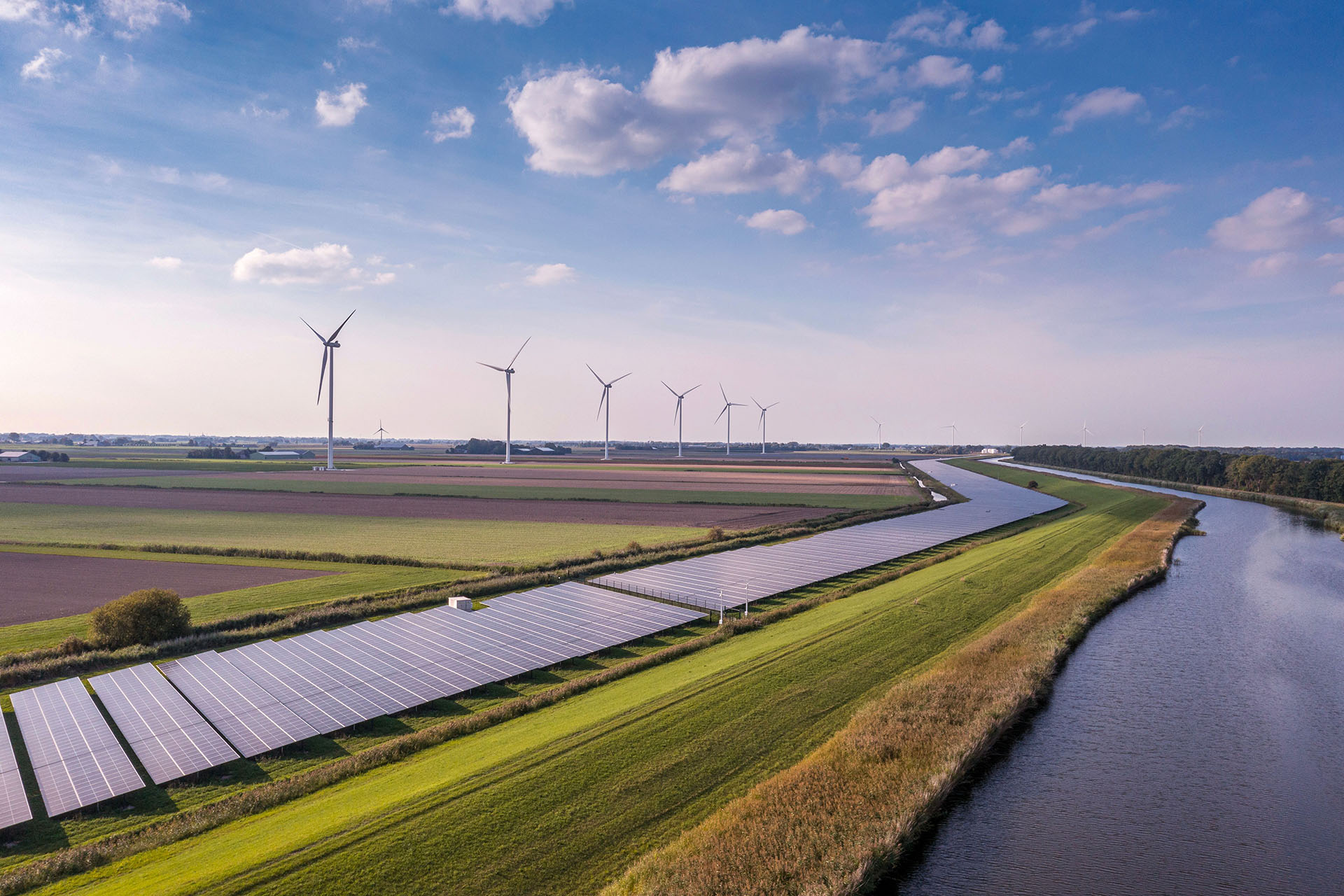
Working together to secure a sustainable future for all
The Energy and Environment Institute is driving societal and environmental resilience
Our team of internationally-recognised experts lead research, innovation, education and engagement around climate adaptation and mitigation, flood resilience and the energy transition.
What we do
On the frontline of humanity's future
Our work has real-world impact. We draw together academics and partners to help people live better in the face of the climate crisis, with a focus on four key thematic areas.
Our people
The Energy and Environment Institute brings together world-leading academics from diverse disciplines, working with practitioners, professionals and the community to address climate change impacts and secure a zero carbon future.

Our facilities
Our Total Environment Simulator (TES), based at The Deep, is an experimental facility designed for modelling the movement of water and sediment under a wide range of environmental conditions. We welcome guest researchers to use our facilities and the TES will shortly begin testing of Property Flood Resilience (PFR). Get in touch for more information.

Our partners and collaborators
Our connections and collaborations with regional, national and international partners are the foundation of our impactful research and community engagement. We work with a broad spectrum of partners from universities, industry, government and community organisations.
Latest from the Institute
Discover our latest news and events, explore our events archive and see our latest publications and resources.
Get in touch